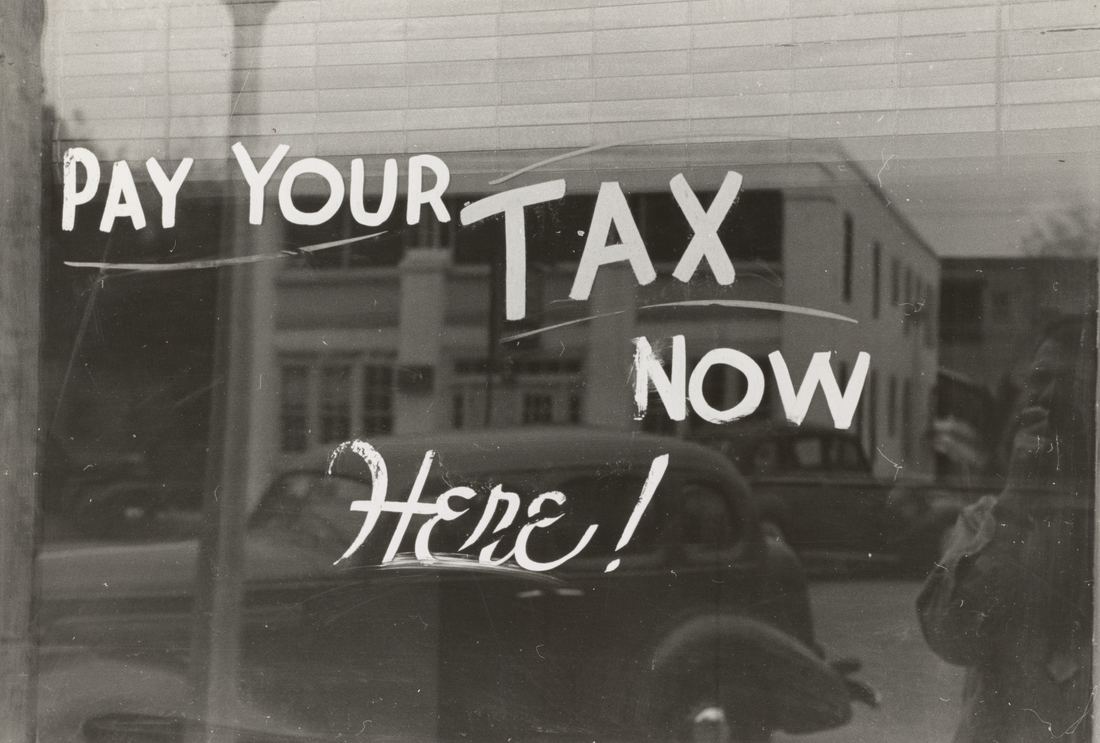
If you are considering making a gift to someone, you need to consider the various tax implications that can arise. These can in some cases impact whether or not you are in a position to make the gift at all.
Inheritance Tax
Most people are aware of the seven year rule for inheritance tax, but do not necessarily understand what it actually means. Similarly, the £325,000 inheritance tax allowance is fairly well known, but the interaction between this and the 7 year rule are often overlooked.
When it comes to lifetime gifts, there is no limit on the amount you can gift to others in an absolute fashion, during your lifetime. For a gift to be absolute, it cannot be into trust. If you make a gift of, for example, £1 million to your child during your lifetime (lucky kid), and you survive this gift by 7 years, then there will be no inheritance tax due on that gift. Please be aware that there are some tricky rules which come into play if you have also make gifts into a trust either before or after the date of an outright gift, which require specialist advice, however, if this is not the case then the matter can be relatively straightforward.
If you fail to survive the gift by 7 years, then this gift will become taxable on your death. Firstly, it will use your £325,000 inheritance tax allowance. Any amount over this will be subject to inheritance tax at 40%. If you have survived the gift by more than 3 years, but less than 7, then the tax will be reduced by taper relief. Your estate will also (in the above example) have no inheritance tax allowance available and so the full value of the estate assets (subject to any elements being left to exempt beneficiaries) will be subject to inheritance tax. That being said, if the gift had not been made then the £1 million would have been in the estate any way, so it is not always as bad as it seems.
Where lifetime gifts become taxable, the beneficiary who received that gift is liable for the inheritance tax due. The responsibility for inheritance tax that may become due, and the impact on the beneficiaries of your death estate if there are no allowances remaining, are something to consider before making any large gift.
Capital Gains Tax
Often overlooked, capital gains tax can (and often does) arise on lifetime gifts of property. This usually happens when an individual wishes to gift a second property or shares to their children. In this case, capital gains tax would be payable on the difference between your acquisition cost and the value at the date of transfer. Where the recipient of the gift is a “connected person” (such as a child) HMRC have specific guidance on the valuations that need to be supplied, to prove that the gift is not being declared at an undervalue for capital gains tax purposes.
In some circumstances principle residence relief will apply, where a share in your home is being gifted, however this brings with it separate considerations in terms of inheritance tax (as this will often be treated as a gift with a reservation of benefit) and creates significant risks for you in giving up a share of your home.
Stamp Duty Land Tax
SDLT arises where there is “consideration” being given for the gift. This can include taking on responsibility for a mortgage, or effectively buying out a co-owner’s share in property. We see this most often where there is a partial gift: a person is gifted a property but needs to take a mortgage to allow the gifter to repay a mortgage they have on the property. The value in excess of the mortgage is an outright gift, and the mortgage is consideration for the difference. It is also possible for capital gains tax to arise under this scenario, as it is the increase in value of the market value of the property (regardless of the outstanding mortgage) which is chargeable to capital gains tax.
Income Tax
The income tax treatment of a gift is particularly relevant where a person makes a gift of an income producing asset to minor children. As well as all the taxes stated above, you should be aware that HMRC will usually treat the income as arising on the donor, while the child is a minor, and so payable at the donor’s rate of income tax. This is an anti-avoidance measure to prevent individuals from placing assets in the names of their children, to take advantage of their lower income tax rates.
Needless to say, the tax implications of making lifetime gifts can be complex, and become even more so where gifts into trusts are proposed. You should therefore seek advice before making such gifts, as HMRC’s timescales for reporting are relatively short in some cases.
If you would like advice on lifetime gifting then please contact Ashley Minott on 01494 893518 or by email.